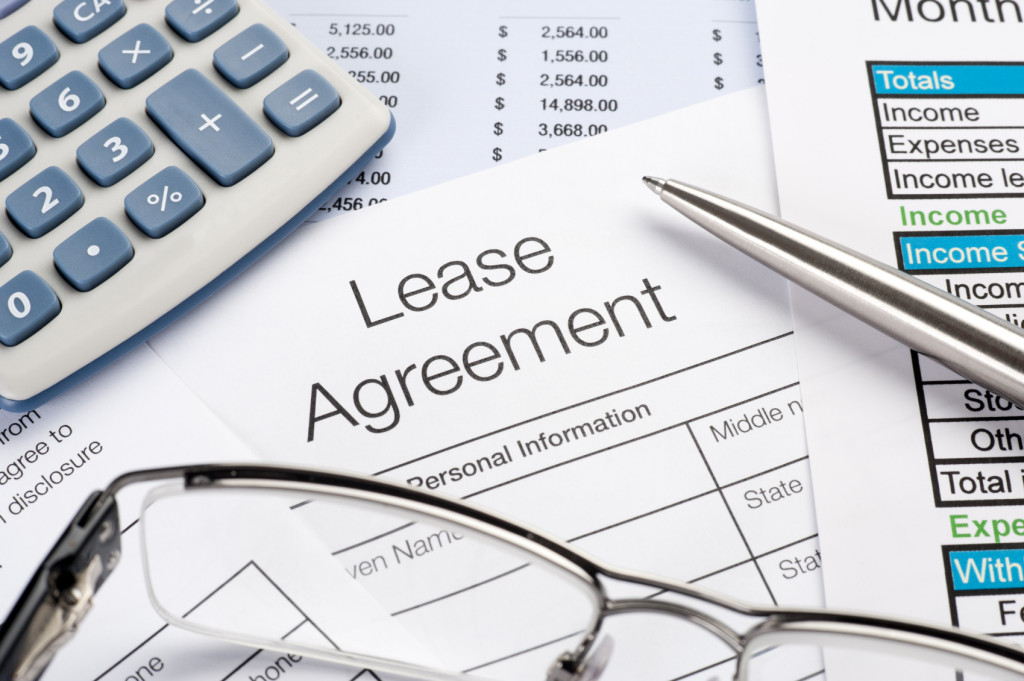The laws of Vietnam vest ownership of land in the Vietnamese homeland and do not recognize private ownership of land by individuals and organizations. The State is responsible for the administration of land throughout Vietnam on behalf of the Vietnamese people. The State may grant rights to use land (“Land Use Rights” or “LUR”) in the form of land use rights certificates (“LUR Certificates”) to individuals and organizations by way of land allocation or lease. The relevant People’s Committees are authorized to supervise the use and management of land in their respective localities on behalf of the State.
Under the laws of Vietnam, the right to use land is distinct from the ownership of buildings constructed on the land. Although the laws of Vietnam do not recognize private ownership of land, they do recognize and permit the private ownership of buildings constructed on such land.
Grant of land use rights
Only a legal entity established under the laws of Vietnam can acquire LUR or an interest in buildings attached to land. This means that a foreign investor must establish a Vietnamese subsidiary, either alone or together with a joint venture partner, in order to acquire LUR. In this and the following, such a subsidiary is referred to as “foreign developer”.
The type of LUR depends on whether the land user is a Vietnamese or a foreign developer. If the land user is Vietnamese, LUR may be granted by the State either by way of allocation or lease. A foreign developer may acquire LUR only under the form of a lease (save in the case of a LUR being contributed as capital by the Vietnamese party to a joint venture company).
Land use duration
If a land is allocated to a Vietnamese land user, the allocation can be, depending on the intended use of the land, on a “stable and long-term basis” or for a definite term. Land lease is always for a definite term only.
A foreign developer can obtain a land lease only for the duration of the investment project. The maximum duration of an investment project is 50 years according to the Law on Investment (exceptionally 70 years if the investment project involves large amounts of capital and recovery is expected to take long, or if the project is located in an area facing difficult socio-economic conditions). If the foreign developer strictly complies with the Land Law during the initial duration of the LUR, the lease may be extended at the discretion of the Government. No additional rent has to be paid for the extension.
If the foreign developer obtains, in order to construct residential housing, a land lease for a lump-sum payment, or obtains land in an auction (Art. 32 Decree 84), or is assigned an investment project involving land that was initially allocated on a “stable and long-term basis” (Art. 24 Decree 84), the duration of the land lease conferred to the foreign developer may be up to 70 years and may be extended on request with the same term without payment of additional rent.
If the foreign developer is a joint venture company with at least one Vietnamese shareholder and the Vietnamese joint venture partner has a LUR in the form of land allocation, it may contribute the LUR to the capital of the joint venture company.
A foreign developer can obtain a LUR in the form of a lease in order to erect a building on the land to be used as residential housing. If the foreign developer sells the residential housing complex to a Vietnamese, the Vietnamese purchaser can obtain a land allocation on a stable and long-term basis.
Land use fees, rent
In case of allocated land, the amount payable by the land user to the State is called “land use fees” and in the case of leased land, the amount payable by the land user to the State is called “rent”.
The land use fees must be paid in a lump sum while the rent can be paid in a lump sum or on an annual basis. However, if the rent is paid annually, the leased land can only be used by the foreign developer for the construction of residential housing for lease. If the rent is paid upfront for the entire lease term, the foreign developer is entitled to construct residential housing for sale and/or lease.
If a foreign developer leases land in order to construct a residential housing complex for sale, the lump-sum rent payable upfront corresponds, simply speaking, to the market price of the land as defined by the local People’s Committee or to the successful auction bid (if the foreign developer obtained the land lease as a result of an auction). A Vietnamese purchaser may buy the entire housing complex or single apartments or a block of apartments in the housing complex. The Vietnamese purchaser is entitled to obtain a land allocation for a stable and long term from the State without paying land use fees for this allocation (if the Vietnamese purchaser buys apartments, this is a land allocation for common land use). However, the foreign developer will usually have included, in the purchase price of the housing complex or apartment, the rent that the foreign developer had to pay upfront, and any increase in the value of the land on which the housing complex was built. The foreign developer can keep the capital gain resulting from an increase of the value of the land and is not obliged to pay it to the State if the project was implemented on or after 1 July 2007 (the effective date of Decree 84). The Vietnamese purchaser must pay a registration fee for registering ownership of the housing complex (or apartment) corresponding to 0.5% of the market value (set by the local People’s Committee) of the housing complex (or apartment)./









